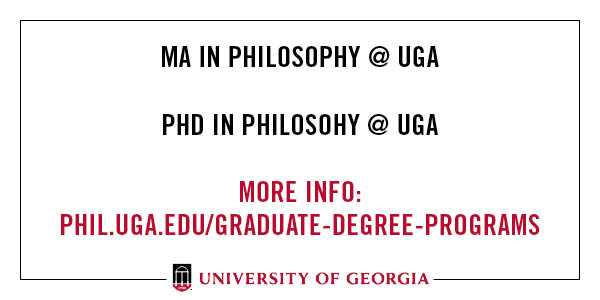I have sometimes found highly specialized anthologies excellent. Increasingly, however, I have come across some containing contributions with textual misreadings, self-contradictions, and language so vague as to be in certain spots meaningless. Perhaps high specialization is often at odds with high-quality peer review. Have others found the same?

One possible solution is to increase the number of philosophers, so there are more of them competent in highly specialized areas. (“We need more philosophers: the quality of philosophy depends on it!”) But under current circumstances that does not seem to be sufficiently feasible.
A philosophy professor wrote in with the following query:

Your thoughts and suggestions are welcome.
Less specialization is an option, but this would not be a desirable development for philosophy, all things considered, in my opinion. (This is not to ignore complaints people sometimes voice about lack of breadth in contemporary philosophy or philosophers. It’s rather that I think broader work can sit happily alongside more specialized work in pluralistically pluralistic discipline like philosophy.)
The question applies to more than just anthologies, though perhaps the editors of anthologies face particular challenges in finding competent reviewers (compared to say, journal editors).
Is increased specialization in philosophy a problem for high-quality peer review?
Related: “Should We Get Rid of Peer Review?“, “There Is No One Thing Philosophers Should Be Doing“, “Demographic Diversity is Good for Philosophy“, “2,000 Spaces for 10,000 Papers: Why Everything Gets Rejected & Referees Are Exhausted”
Both increased specialization and competent peer review both tend to be indicators of the quality of a discipline. If we’re in circumstances in which they’re in tension with one another (are we?) what are the possible solutions? And which of those solutions are feasible?
[Alexander Calder, untitled]





